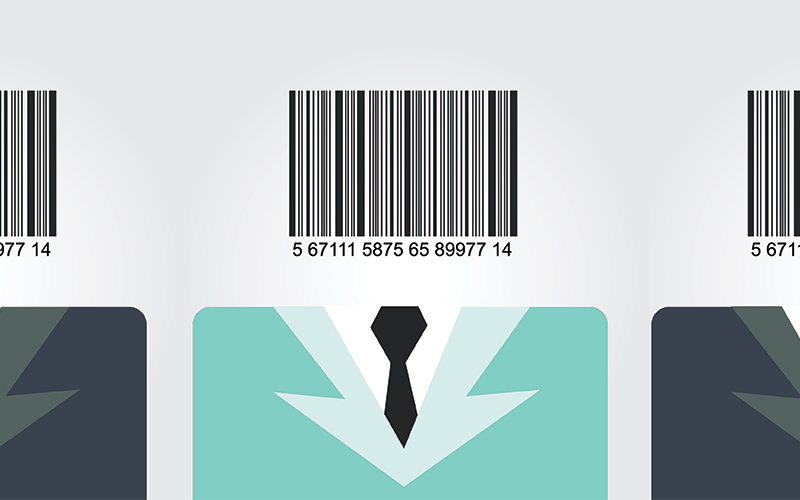What Is Personal Branding and Why Is It Important?
Thanks to the 80s, appearance is everything. Although the term was coined sometime later, personal branding really started when status symbols really began to take off. Think of Nescafe Gold Blend – that sweet cup of Joe certainly made the couple in the ad more attractive, right? Or was it the other way around? I forget. The simple truth is branding works. It was only a matter of time before branding became personal; now, each one of us is now a walking projection of opinions, views and cultural touchstones.
This has its advantages. Personal branding can help you differentiate yourself from other candidates applying for the same role. But how do we begin cultivating our brand?
Where to Start
The good news is, unlike product branding, personal branding should be rooted in tangible facts. If you pretend to be something you’re not, sooner or later people are going to realise. Just like Nescafe, we’ll soon see past the image and realise this is not the key to a successful relationship.
Start by defining your skill set and what type of personality you bring to the office environment. Asking those who know you best will be a useful/painful experience depending on your relationship. Next, start thinking about what you want to be recognised for. Perhaps you offer support to members of staff? Are you a great motivator? Combine these traits with your industry specific expertise and already we have the rough outline of a personal brand.
Focus Your Brand
By now you should have some keywords and concepts in mind that define you personally and professionally. Now, think back to our 80s brands: the most memorable campaigns condensed a product down into one succinct message. Think of Apple’s Macintosh ad from the early 80s – the Mac ‘set users free’. Likewise, it’s better to keep our personal brand focused on a few key ideas.
These ideas become very important when creating personal statements, cover letters and your CV. They provide the framework for all your application material.
With employer research also extending onto social media sites, it’s important to keep this area of your life on message. As mentioned in a previous post, keeping a blog is another great to way to demonstrate your professional passion. Networking online, following thought leaders in the appropriate sector, getting involved with industry specific discussions – all present an extremely positive message that employers are sure to be impressed by.


















